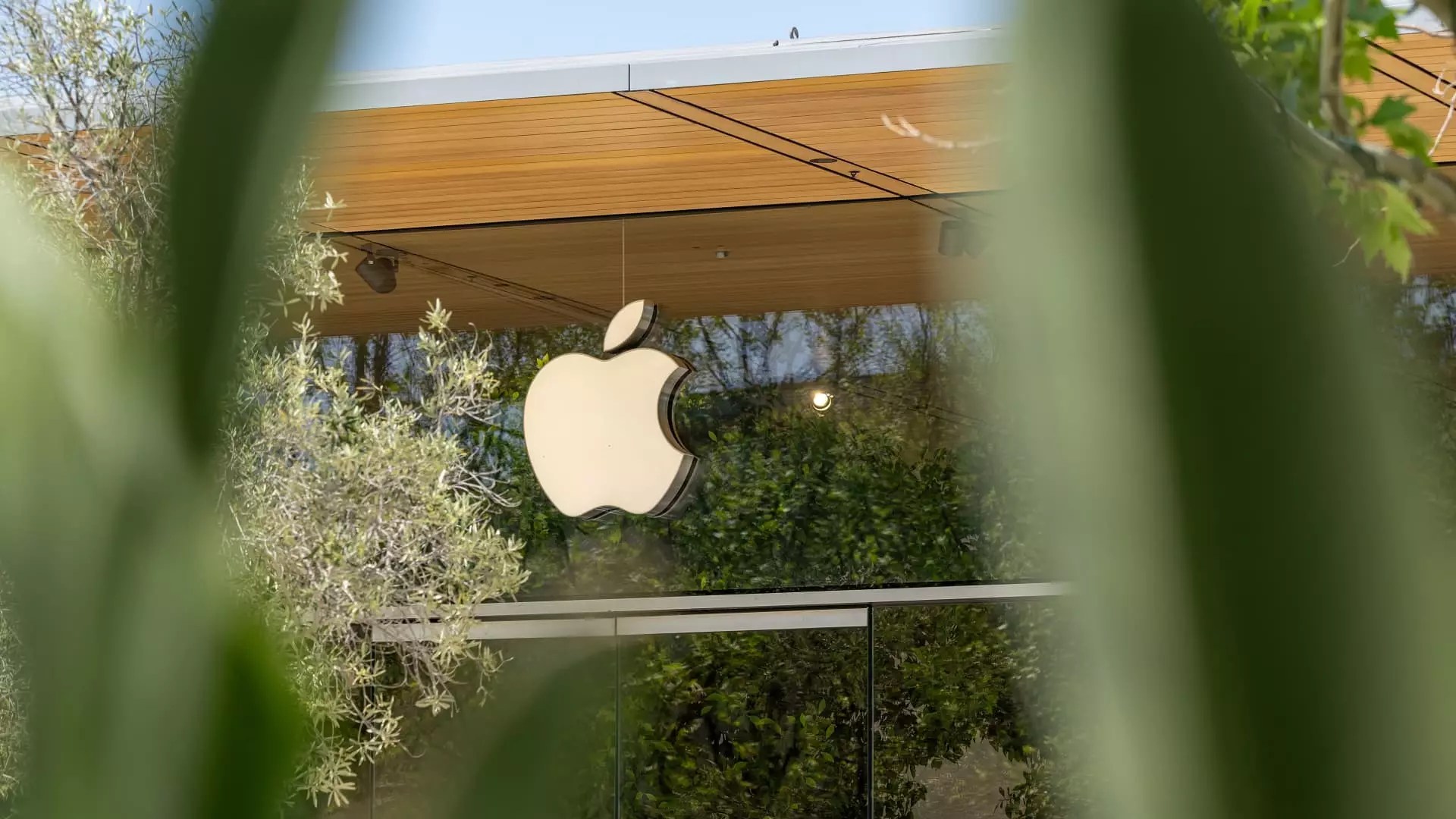In the ongoing saga of Apple versus Epic Games, we find ourselves navigating a complex web of legal maneuvers that highlight a broader issue within the tech industry: the monopolistic practices of major players. The recent court ruling against Apple, where U.S. District Judge Yvonne Gonzalez Rogers imposed new limitations on Apple’s longstanding commission structure, exposes not just corporate greed but also a troubling dynamic stifling competition and innovation. As the case unfolds, it serves as a critical reminder of how powerful corporations can manipulate the rules to protect their interests, often at the expense of smaller businesses and consumer choice.
The Cost of Commissions
Apple’s request for a stay on Judge Rogers’ new ruling underscores a profound skepticism about its business model, which has traditionally relied on hefty commissions from app developers. The iPhone maker asserts that these changes could cost it “hundreds of millions to billions” annually, illustrating just how deeply embedded these commissions are in its revenue stream. This is not merely a struggle for financial survival; it reflects an unwillingness to adapt to a market that increasingly favors consumer choice and transparency. The fact that app developers like Amazon and Spotify are now able to direct consumers to their own payment systems is a significant shift. It not only empowers developers but also allows for a more diverse marketplace, ultimately benefiting the end-user. Apple’s resistance to this change speaks volumes about its priorities, revealing a corporate mentality that favors profits over progress.
Epic’s Quest for Fair Play
Epic Games, led by its outspoken CEO Tim Sweeney, portrays itself as a champion of freedom in app distribution. The company has fought to redefine what it means to compete in the digital marketplace, advocating for policies that encourage fair play and transparency. Sweeney’s assertion that the ruling forces Apple to compete is indicative of a larger movement aimed at dismantling monopolistic practices in tech. However, while Epic’s intentions may seem noble, one must question whether its approach genuinely leads to a more equitable platform or if it serves as a tactical maneuver to gain a competitive edge for itself. In a landscape dominated by giants like Apple, the challenge lies in ensuring that smaller developers can thrive without being crushed under the weight of established entities.
The Issues of Transparency and Trust
Judge Rogers’ determination that Apple misled the court potentially reveals deeper ethical concerns surrounding the company’s practices. The allegation that Apple’s executives, including CEO Tim Cook, were involved in discussions that aimed to manipulate external payment charges exemplifies a troubling culture within the tech behemoth. This raises questions about the transparency of corporate governance and whether companies like Apple operate within an ethical framework or simply adhere to the letter of the law while trending toward manipulation. When a court believes that misleading statements were made, it doesn’t just impact the company’s standing in this particular case; it affects public trust in the company as a whole.
The Implications for the Future of App Economies
As this legal battle rages on, the potential repercussions loom large over the entire app economy. Should Apple succeed in rolling back these changes, it could reassert its dominance and reinforce the very structures that many believe to be antithetical to healthy market competition. On the other hand, if the ruling stands, it could pave the way for a more equitable playing field where developers can explore new avenues of revenue and consumer choice is prioritized. The tech world is at a crucial juncture, and the outcome of this case could set powerful precedents that determine the future landscape of the digital economy.
A Call for Regulatory Reformation
The Apple versus Epic legal saga is a microcosm of the larger debates surrounding tech regulation. It brings to light the urgent need for reform that addresses monopolistic practices within the industry. This case serves as a clarion call for regulators to step in, not just to facilitate competition but to ensure that ethical standards are upheld in the corporate sector. As consumers, we deserve a marketplace where innovation flourishes, and where corporate giants do not dictate terms that inhibit growth and fairness. In this era of digital transformation, the stakes have never been higher, and the path forward must prioritize transparency, competition, and above all, consumer empowerment.


Leave a Reply